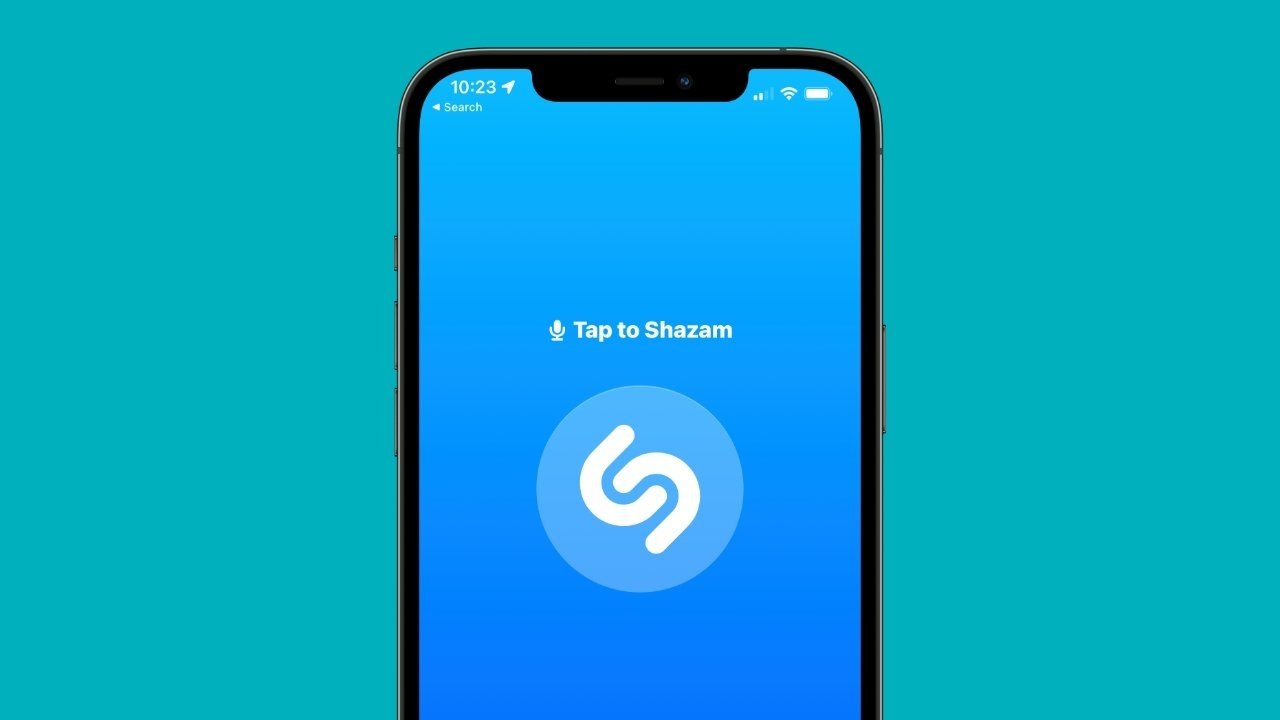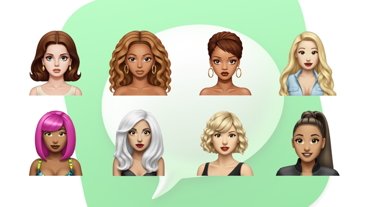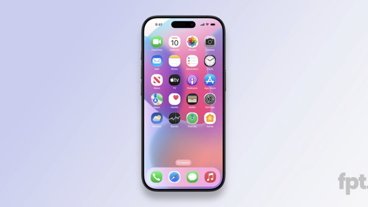Shazam, Apple's music recognition app, has been updated to version 15.0, with the app now able to spend more time listening to tougher-to-determine songs.
Available as an update via the App Store on Wednesday, Shazam version 15.0's update notes explain that the milestone update adds in a change to the way the feature functions. Now, the app can spend more time listening to a particular song.
"Shazam now finds more songs by trying harder, for longer," advises the notes. "Tap to Shazam to give it a go!"
Typically Shazam will recognize a track within a few seconds, but will listen for longer periods if it can't quite hear or make out the song that's being played. After a preset period of time, the app will give up on trying to listen to the song, an act that typically makes users reattempt recognition, along with moving their iPhone closer to the speaker.
It is highly likely that by increasing the amount of time Shazam can potentially listen to a track, there will be more audio for Shazam's service to access, giving more chance of turning up a result.
While the update applies to the mobile app, it is unclear if the same update applies to the version accessible within the Control Center.
The app is free to download from the App Store, is compatible with all iPhones and iPads running iOS 13.0 and iPadOS 13.0 or later, and weighs in at 34.2 megabytes in size.
Acquired by Apple in 2018 for $400 million, Shazam has received periodic updates for bug fixes and performance improvements. The last major change occurred in September, with a refresh of the offline result page as well as added support for iOS 15 and watchOS 8.
In July, the app crossed 1 billion recognitions in a single month for the first time, and reached the 1-billion use milestone for Control Center in September.
 Malcolm Owen
Malcolm Owen


 Oliver Haslam
Oliver Haslam
 Thomas Sibilly
Thomas Sibilly
 Marko Zivkovic
Marko Zivkovic

 Wesley Hilliard
Wesley Hilliard

 Andrew Orr
Andrew Orr



-m.jpg)






6 Comments
But will still give up, run you round then desert you.
First world problems…’THE HORROR!!’
Shazam shouldn't feel bad. I also have a short attention span anymore.
The technology behind this is actually quite impressive, given the fact that it can perform a pattern match in near real-time using only the microphone. It’s obviously not 100% perfect but it does a very good job. I’d imagine that having a feedback mechanism that allowed users to “correct” failed detections would improve accuracy, but it would have to have some sort of consensus or voting scheme to throw out incorrect feedback.